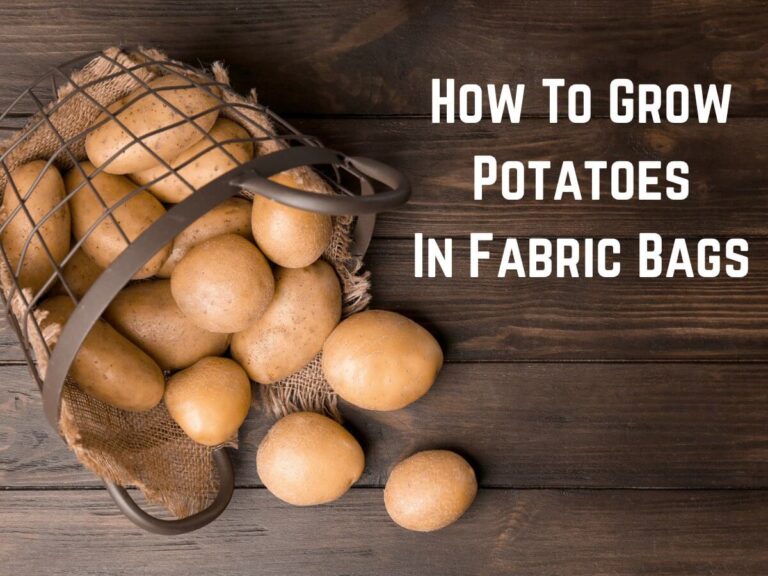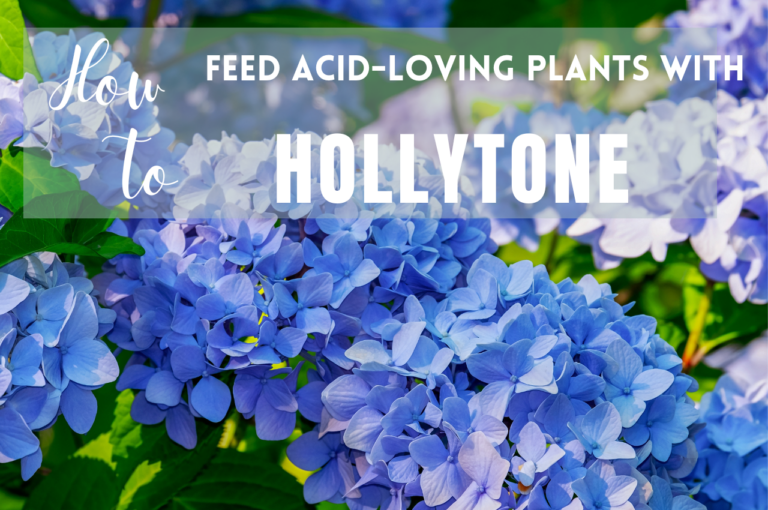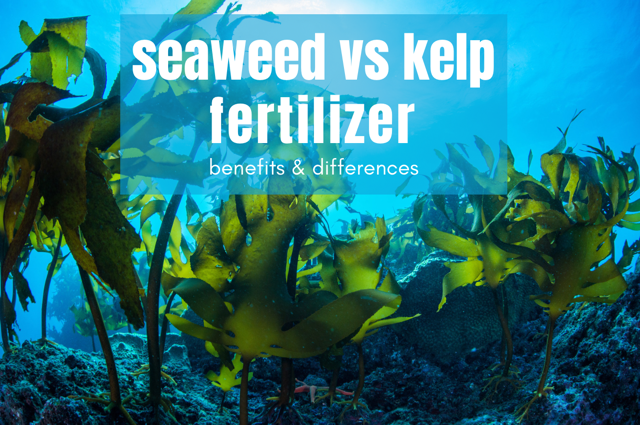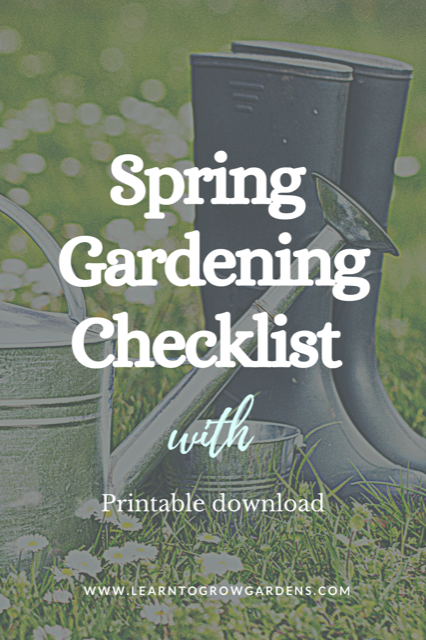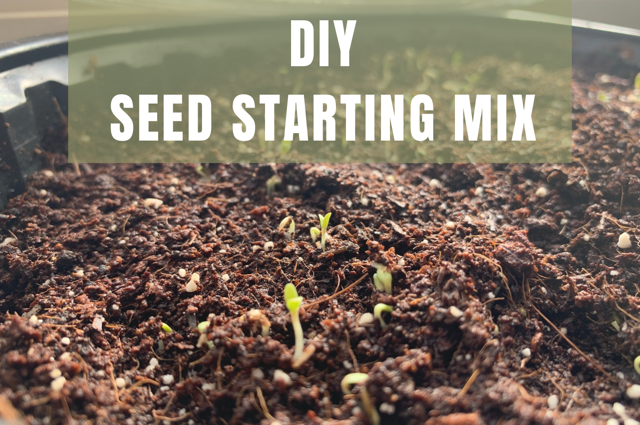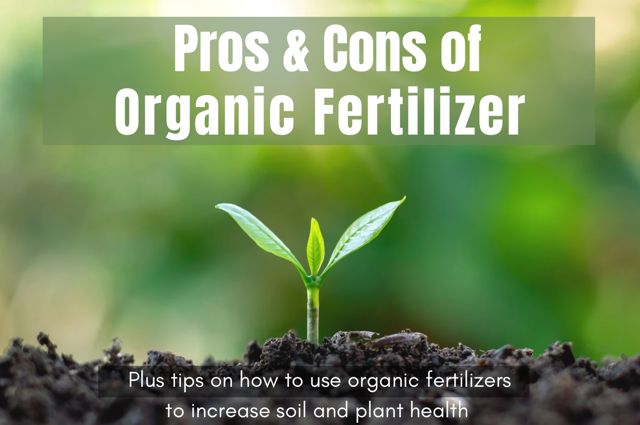
Pros and Cons of Organic Fertilizer And How To Use
This post may contain affiliate links. You can read my full disclosure policy here.
There’s a big debate amongst gardeners on whether fertilizer use should be limited to organic fertilizers, or if chemical fertilizers have their place. It can get quite heated at times!
One topic this is not up for debate is the importance of soil health, and how crucial it is to the success of plants. Soil health can be the difference between compacted, lifeless soil that struggles to hold water and lacks nutrients, or light, fluffy soil that is full of nutrients, microorganisms, and holds moisture, yet also drains well.
There are many ways to improve soil health. Although the debate continues over the use of organic fertilizers vs chemical fertilizers, the role that organic fertilizers play in soil fertility can’t be ignored.
Fertilizers in general are an important tool in the success of your plants. I once heard a Master Gardener say that in the garden, compost is the food, fertilizers are the vitamins. Just like people need healthy food, yet benefit from additional vitamins, plants can benefit from vitamins, too.
Today I’d like to discuss the pros and cons of organic fertilizers, and the role they play in a healthy garden. I have also created an organic fertilizer list, including some of the top 10 best organic fertilizers. You can find those below, along with a link to an organic fertilizer pdf that includes the types of fertilizers and their uses.
Although inorganic fertilizers can have their place, the majority of the fertilizers I choose for my gardens, and those of my clients, are organic. This is especially true in edible gardens.
I have linked to some of my favorite organic fertilizers further in this post, but first…
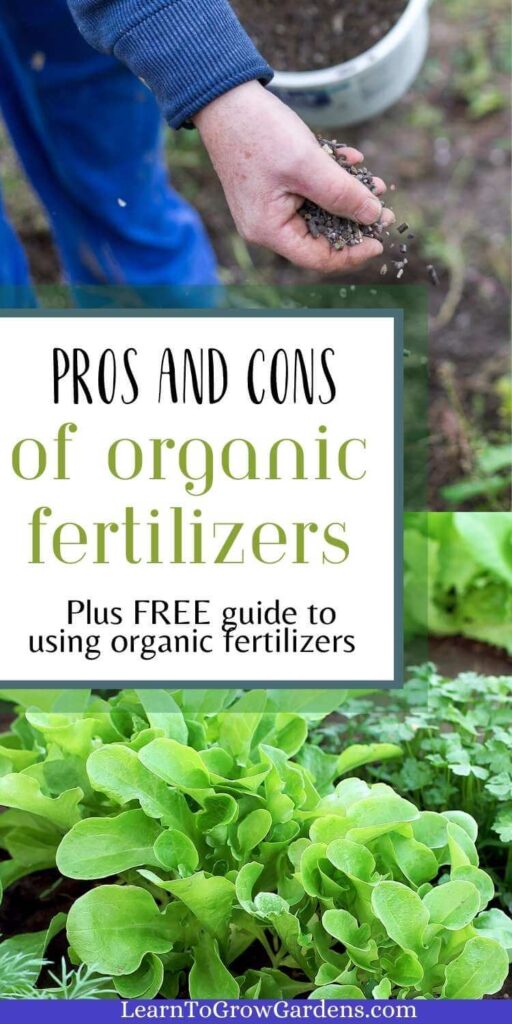
What is an organic fertilizer?
Organic fertilizers are simply natural fertilizers made from organic materials, as opposed to synthetic fertilizers made from chemicals. Examples of organic fertilizers include blood meal, bone meal, manures, and fish emulsion.
Organic fertilizers typically feed the soil, which in turn feeds your plants. Synthetic fertilizers directly feed your plants without improving soil health. Long-term use of chemical fertilizers has been known to cause a decline in soil fertility and plant growth, whereas organic fertilizers improve soil fertility.
Although they’re called “organic fertilizers,” they are not the same labeling as organic food. In fact, the organic label in gardening and farming products is not regulated by the FDA. (For truly “organic” food gardening, the soil must be free from (unapproved ) chemical or synthetic fertilizers, pesticides, and GMO products for a minimum of 3 years.)
Benefits of organic fertilizer
The benefits of organic fertilizer include improving soil structure, feeding microorganisms in the soil, being gentle and less likely to burn plants, and less likely to wash away during heavy rain or irrigation use.
Let’s break each of these down further.
- Organic fertilizer improves soil structure. Organic fertilizers improve the structure of soil by improving soil texture, which allows the soil to hold more moisture while also draining well. This also reduces soil erosion during heavy rains.
- Organic fertilizers feed worms in the soil. The worms consume compost and manures, breaking them down and making the nutrients available for plants to take up via their roots. Worms also tunnel their way through the soil, allowing air and water to move through, which is also great for soil and plant health.
- Organic fertilizers feed beneficial microorganisms in the soil. They do this through the addition of organic matter in the soil, such as in compost or manures, which the microorganisms feed on and multiply, similar to worms. As the microorganisms feed on organic matter, they convert nutrients into a form easily taken up by plant roots. These microorganisms are very important for soil and plant health. In addition to converting nutrients, they fix nitrogen and phosphorus in the soil, making them available to plants. They also protect plants from pests and diseases, and improve plant stress and plant growth.
- Organic fertilizers are gentle on plants. Chemical fertilizers contain concentrated amounts of plant nutrients, which have the potential to burn plants. Organic fertilizers contain nutrients in much smaller amounts, they are slowly broken down and released into the soil. This makes them safer for plants and less likely to burn sensitive roots.
- Organic fertilizers last longer in soil. Chemical fertilizers are highly concentrated and water soluble, which means they need to be applied often, especially after heavy rains. Organic fertilizers take longer to break down, and release nutrients directly into the soil over a longer period of time. This means they last a lot longer in the garden, and are continually releasing nutrients, even after heavy rains.
- Organic fertilizers are environmentally friendly. Organic fertilizers work slowly, feeding plants from the soil up. They improve soil health overtime, which slowly reduces the need for excess fertilizers. This slowly improves the surrounding environment, from the organisms living in the soil to the insects on the surface, and all the way up the food chain.
- Organic fertilizers also reduce run off and pollution in local water sheds. Since chemical fertilizers are highly concentrated and water soluble, excess fertilizers is washed away during heavy rains, where it makes its way into local water sources. These heavy concentrations of nutrients can create an imbalance in the local ecosystem, with a long-term environmental impact. Since organic fertilizers mostly stay in the soil where they are placed, and slowly break down over time, they contribute a minimal amount of run off during heavy rains.
- Organic fertilizers don’t build up toxins in the soil. Organic fertilizers are biodegradable, which means they simply break down naturally into the soil. They don’t release harmful toxins into the soil that build up over time, like chemical fertilizers can do.
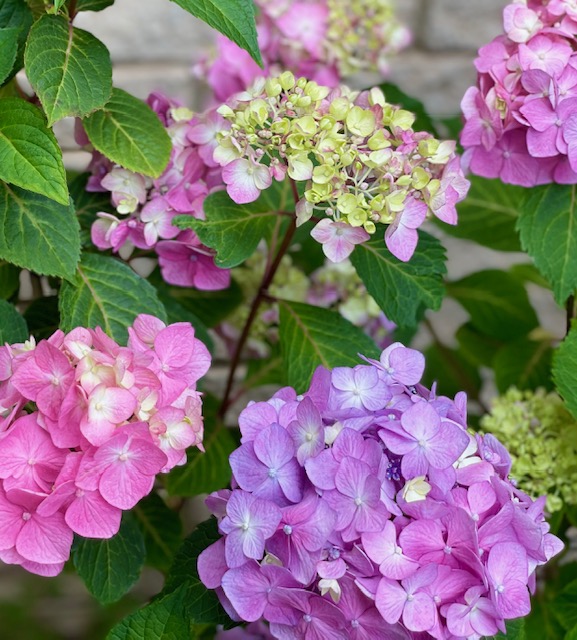
Now that we’ve discussed the benefits of organic fertilizer, let’s look into a few of the downsides.
Disadvantages organic fertilizers
Although there are many advantages of organic fertilizers, they are not without their disadvantages. These include being more expensive than chemical fertilizers, containing less nutrients overall, and a longer period of time required for effectiveness.
Let’s discuss each of these further.
- Organic fertilizers are more expensive overall, especially compared to chemical fertilizers. This is partly due to the fact that they are less concentrated, with less nutrients per pound. For the same amount of nutrients, you need more organic fertilizer than a concentrated dose of chemical fertilizer.
- Organic fertilizers contain less nutrients overall. Like I mentioned above regarding costs, organic fertilizers contain less nutrients per pound than chemical fertilizers. This means you will need more organic fertilizer than a concentrated chemical fertilizer.
- Organic fertilizers take longer to be effective. Organic fertilizers need to be broken down to be readily available to plants. This process takes time, as the soil microbes need to do their thing and convert the fertilizer into a form that can be used by your plants. For specific nutritional deficiencies, it can take several applications and months to correct a deficiency. For poor soil quality, it can take several months to several years to build up the health, nutrition and quality of the soil.
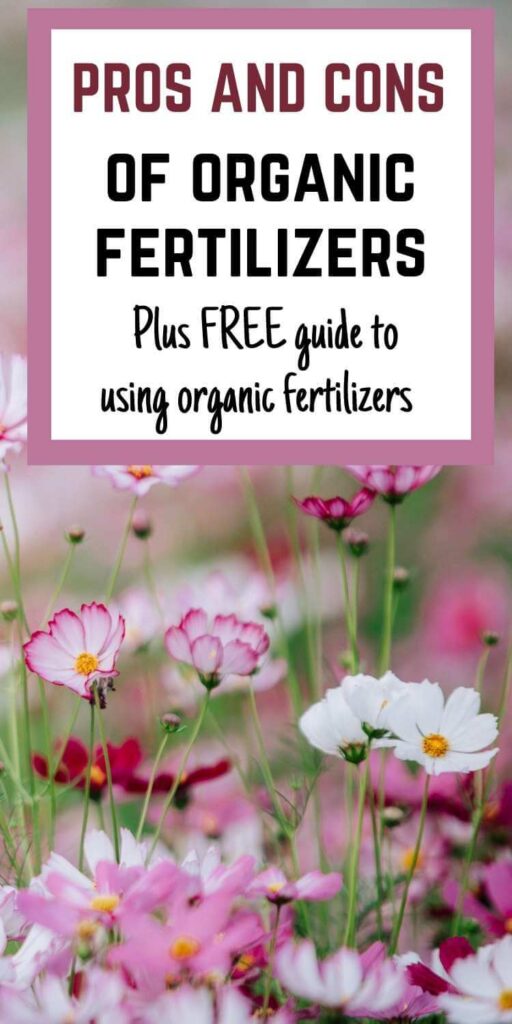
Is organic fertilizer better than chemical?
Despite the disadvantages of organic fertilizers, including time and cost, I’d like to point out that the overall and long term effects are greater compared to chemical fertilizers. It may take longer to correct a deficiency, with several applications of organic fertilizer, but the soil will have a healthy supply of that nutrient for quite some time afterwards. Over time, the need for organic fertilizers is reduced overall, leading to reduced costs in the long run.
For example, if you notice your plants have a nitrogen deficiency, you can apply chicken manure or blood meal, which are both high in nitrogen. They will need to be need to be applied a few times, and given time to break down in the soil. Your plant would continue to show signs of a nitrogen deficiency for awhile while this occurs.
After this period, however, the soil should have a good supply of nitrogen for quite some time afterwards. If you continue feeding the soil with things like compost, the nitrogen should continually be replaced as it is used by your plants. If your know your plants are heavy on nitrogen use, a regular application of manure or blood meal should be given, eliminating future deficiencies.
Using that same example of a nitrogen deficiency, yet treating with a chemical fertilizer, would be quite different. The plant would be given nitrogen in a form already available, and the deficiency would be corrected much quicker. However, the amount of nitrogen available in the soil would not change.
If the soil is lacking in nitrogen, the deficiency will return. Regularly feeding with a chemical fertilizer containing nitrogen long term, to prevent a deficiency, could cause the plant to stop producing blooms or fruit.
Types of organic fertilizers and their uses
There are many different types of organic fertilizers, and the benefits to the garden and your plants can vary. I have listed 10 types of organic fertilizers (some of the most popular types of fertilizers are here) along with their uses and links to purchase, if you desire. I also added 2 of my personal favorites, that I use often. You can also find many of these options at your local garden center.
I’ve also created a printable organic fertilizer PDF of this list, if you’d like a copy to keep in your garden journal or to have on hand. It’s available free for email subscribers. By subscribing, you’ll be added to our gardening newsletter, where you’ll receive gardening tips and seasonal advice, right in your inbox! You can grab the printable list here, and it will be available in your inbox shortly.
- Bone meal, NPK 4-20-0 Bone meal is made from ground up cow bones. It’s a good source of phosphorus and calcium, and can help balance out soils containing too much nitrogen. Bone meal breaks down slowly, so one application can last an entire season. It can also attract unwanted wildlife in your yard, like coyotes, so keep that in mind before using.
- Blood meal, NPK 12-1.5-0.5 Blood meal is made from the powdered blood of butchered livestock, and is high in nitrogen but tends to be low in potassium and phosphorus. Blood meal can easily burn plants, as it is acidic. If using, refer to the package directions and apply carefully. Just like bone meal, it can also attract unwanted wildlife in your yard.
- Feather meal, NPK 12-0-0 Feather meal is made from ground up poultry feathers, and is very high in nitrogen with almost no noticeable potassium or phosphorus.
- Animal manures, NPK varies Cow is typically a little under 1-1-1 and chicken varies depending on the addition of bedding, feathers, etc but is around 1.1-0.8-0.5 Manures, including cow, chicken, and poultry, are animal waste products that have been broken down over time. They contain nitrogen, potassium, and phosphorous, although poultry manures tend to be much higher in nitrogen. Manures should be used sparingly, as they can burn plants if too much is used. You will also want to make sure you’re buying high quality animal manure that has been properly aged, or it can be too high in nitrogen and potentially burn your plants.
- Vermicompost, or earthworm castings, NPK 2-1-1 Earthworm castings are worm poop, and they can do wonders in your garden. They contain a good amount of all 3 vital nutrients, and help feed microorganisms in the soil. Increasing worm activity in your garden is a great way to get free earthworm castings!
- Compost NPK, 2-1.5-.5 but can vary depending on the make up of ingredients. Compost is the gold star of organic fertilizers, and should always be a regular addition to your garden. Compost is a great way to continually replenish lost nutrients in your soil, and feed the beneficial microorganisms and earthworms beneath the surface. You can make your own, or purchase it premade. It can be applied around the drip line if plants, used as mulch, or brewed into compost tea and used as a foliar feed. Learn how to make your own compost here.
- Seaweed and kelp, NPK 1-0.2-2 I have an entire post on seaweed and kelp fertilizers, including their benefits and uses. In addition to the NPK values, kelp in particular is a great source of trace minerals. Seaweed fertilizers also act as growth stimulators, and can encourage root growth in new plants. It can be mixed with water and used as a foliar spray, or applied around the base of plants, especially after transplanting.
- Fish emulsion, NPK 4-1-1 Fish emulsion is made from ground up fish parts that have partially decomposed. It’s high in nitrogen, and can work quickly to fix nitrogen deficiencies because the nitrogen is readily available to plants. Fish emulsion needs diluted, and can easily burn plant roots, so be sure to follow the label instructions carefully.
- Mushroom compost, NPK 1-1-1 Mushroom compost is a great slow-release organic fertilizer. It’s a byproduct of mushroom farming, and is made from the leftover growing medium for mushrooms you buy at the store. Use it to improve your soil by increasing microbial activity, water holding capacity, and soil structure.
- All-purpose, NPK 4-4-4 All-purpose fertilizers are made from a combination of organic fertilizers, to provide equal amounts of nitrogen, phosphorus, and potassium, which are the 3 essential nutrients for plant growth. These are a good choice in the spring, before plants begin new growth, or at transplanting time.
- Starter fertilizer, NPK 4-3-3 Organic starter fertilizers are a great option at transplanting time. They contain nutrients for overall growth, encourage healthy root development , and sometimes contain beneficial microbes. My absolute favorite starter fertilizer is Espoma’s Biotone and I never put a new plant in the ground without a handful in the planting hole.
- Specific organic fertilizers, NPK varies I debated on adding this to the list of organic fertilizers, because they’re not basic organic fertilizers (neither are the all-purpose or starter fertilizers) However, I have great success in my garden with the Espoma line and wanted to include it for your reference, as well. I’m sure there are other companies that offer similar products, but in my professional gardening & master gardening circles, the Espoma line is a favorite. They offer the starter fertilizer mentioned above, along with blends with specific ratios for vegetable gardens, tomatoes, fruits, plants, shrubs, citrus, acid-loving plants, berries, indoor plants and more. They’re a great all-purpose option, yet tailored to a specific set of plants.
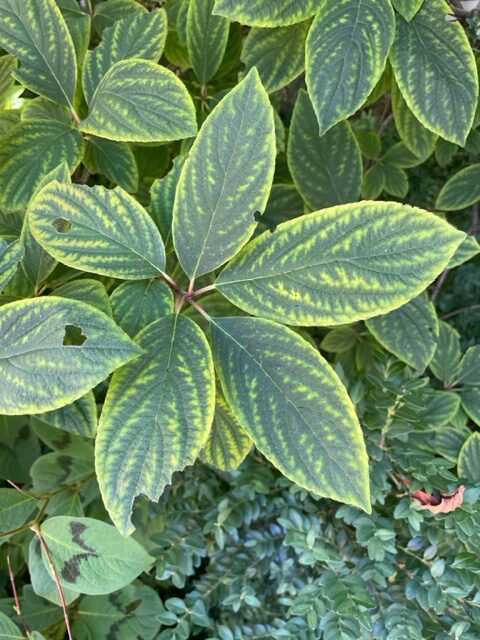
How to use organic fertilizer
Organic fertilizers are a great addition to your garden care routine, but they should be used correctly for best results. Not all organic fertilizers are a one size fits all use, and they can actually harm your plants and soil if used incorrectly. Always follow the package directions when using any kind of fertilizer.
One of the best things you can do for your garden before applying any kind of fertilizer is to perform a soil test. These are offered through state university extension offices, but you can also find them at some garden centers or Amazon.
A high quality soil test will measure the pH of your soil, macronutrient and micronutrient levels (macronutrients are the NPK in fertilizers, Nitrogen, Phosphorus, and Potassium. Micronutrients are calcium, iron, etc) along with things like soil texture, amount of organic matter and so on.
Each soil test will be different, so be sure to choose one that measures everything you’re looking for. At minimum, you want a soil test to measure pH and macro and micronutrients.
Once you receive the results of your soil testing, you can accurately build up nutrients that are missing or unavailable to plants or correct an improper pH. After addressing specific issues, you can move onto regular feedings of all-purpose fertilizers and compost.
Watch for specific nutrient deficiencies over time, and address as needed. This article has a good list of nutritional deficiencies, including images of what to look out for and how to treat them.

Regular applications of organic fertilizers for continuous feeding
Like I mentioned at the beginning of this article, in the garden “compost is the food, fertilizer is the vitamins.”
Every spring and fall, your plant will benefit from an application of compost. This helps replace the nutrients lost during the growing season, build up nutrients for future growth, and continue to improve the structure and health of your soil.
In addition to a layer of compost, an all-purpose fertilizer can give plants a boost before they begin new growth. I recommend feeding plants in the spring, just as new growth is emerging, with a slow-release, all purpose fertilizer. A second application can be applied after the plant is done fruiting or flowering. Always refer to the package directions for specifics on how and when to apply.
Related:
How To Make Plants Grow Bigger and Faster
Fertilizing with Seaweed and Kelp Fertilizers
How To Feed Acid-Loving Plants With Hollytone
FAQ
What are the limitations of organic fertilizer?
Although organic fertilizers improve soil quality over time, they can take longer to fix soil or plant deficiencies compared to chemical fertilizers. Organic fertilizers also have a higher initial cost than chemical fertilizers.
Why is organic fertilizer better?
Although organic fertilizers can have a higher initial cost and take longer to work, the overall quality of the soil is improved with regular use. Organic fertilizers improve soil structure, water holding capacity, microbe activity, and provide a slow and long term release of nutrients in the soil.
Are organic fertilizers safer?
The use of fertilizers should be done properly to ensure the safety of the surrounding environment, including organic fertilizers. Organic fertilizers are made from natural materials, close to their natural forms, and provide a slow release of nutrients, which makes them safer overall than synthetic fertilizers, but even organic fertilizers can be unsafe if used improperly.


Hi, I’m Liz! I’m a Master Gardener, Garden Coach, and Professional gardener. I’m also a mom of 4 who likes to putz around in my garden, growing food and flowers. You can read more about me here.
I started Learn To Grow Gardens as a resource for anyone looking to find more success in the garden. You can find gardening help, inspiration, and community through my Facebook Group, Instagram page, and by joining my email list below.
As an Amazon Associate, I earn from qualifying purchases.


